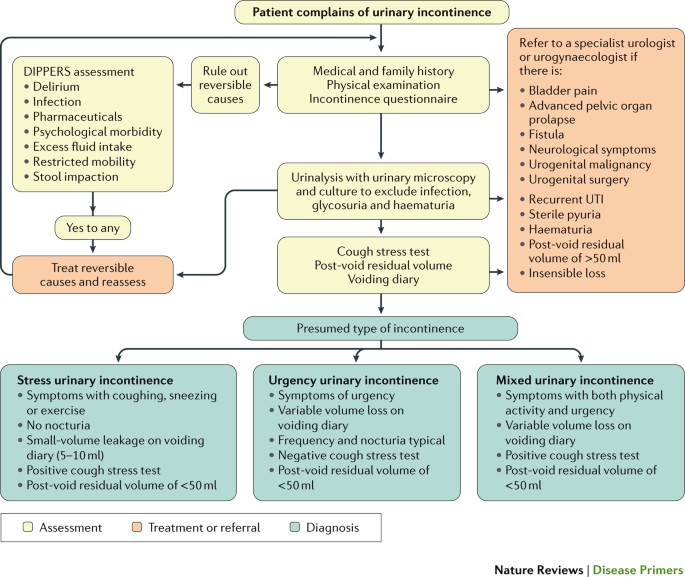Treatment of urinary incontinence in women with chronic obstructive pulmonary disease—a randomised controlled study, Trials
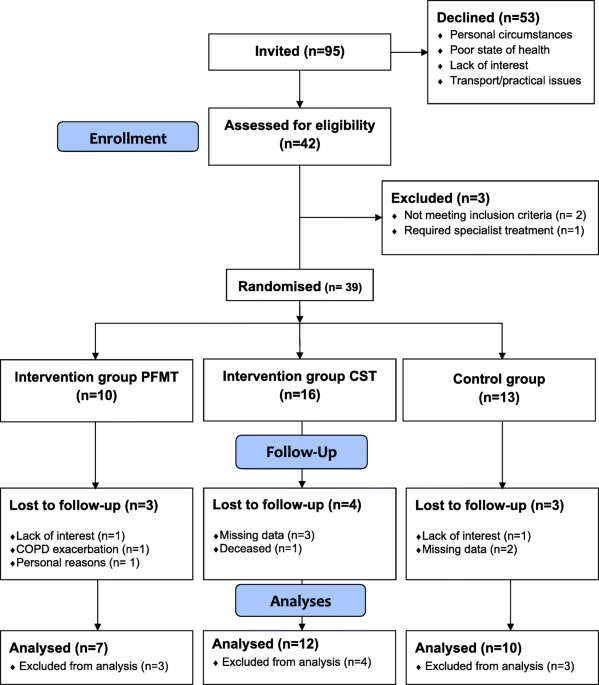
Background Little is known regarding treatment of urinary incontinence (UI) in women with chronic obstructive pulmonary disease (COPD). The aim of the study was to explore the efficacy of pelvic floor muscle training (PFMT) or cough-suppression techniques (CST) on UI in women with COPD. Methods A three-armed, two-centred, single-blinded, randomised controlled study was performed. Subjects were randomised to (a) PFMT for 16 weeks, (b) 2–3 educational sessions in CST, or (c) written information only. All participants completed questionnaires about UI, cough symptoms, and health status and underwent clinical examinations to evaluate the strength of the pelvic floor muscles and exercise capacity. Daily physical activity levels were measured using an activity monitor and lung function with spirometry. With a significance level of 5% and an 80% chance of detecting a significant difference between groups of 2.5 points on the ICIQ UI SF score, our sample size calculation showed that a total of 78 women, 26 in each group, was required to complete the study. Results During the period 2016 to 2018, 95 women were invited to the study. A total of 42 were recruited, three were excluded and 10 (24%) dropped out during the follow-up period. Mean ICIQ-UI SF total baseline score was 9.6 (range: 1–17) and 7.0 (range: 0–16) at follow-up. Changes in subjective UI as measured with the ICIQ-UI SF questionnaire were seen in the PFMT group and control group, but not in the CST group. Conclusion Due to the low number of available participants and recruitment difficulties including practical issues such as travel distance, lack of interest, poor state of health, and high number of comorbidities, our results are inconclusive. However, reduced subjective UI was observed in the PFMT and control groups with a trend towards best effect in the PFMT group. Screening for UI is advisable in all women with COPD to be able to identify and treat these women to reduce symptom burden and improve quality of life. Future studies should focus on barriers to recruitment as well as randomised controlled studies with larger sample sizes. Trial registration ClinicalTrials.gov NCT02614105. 25th November 2015.
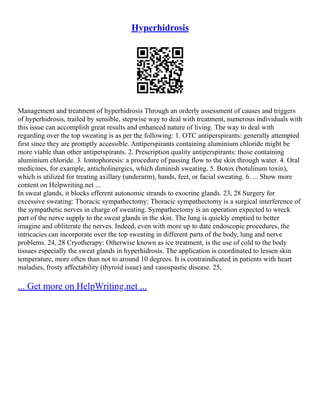
Mediaction And Treatment For Copd
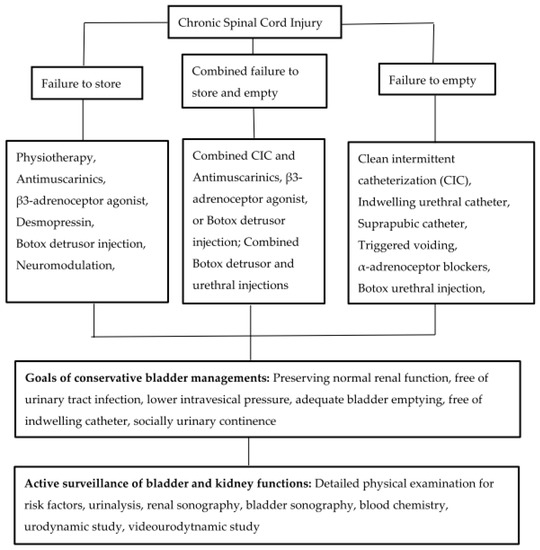
JCM, Free Full-Text

PDF) Rehabilitation strategies for managing urinary incontinence in COPD: a review of literature
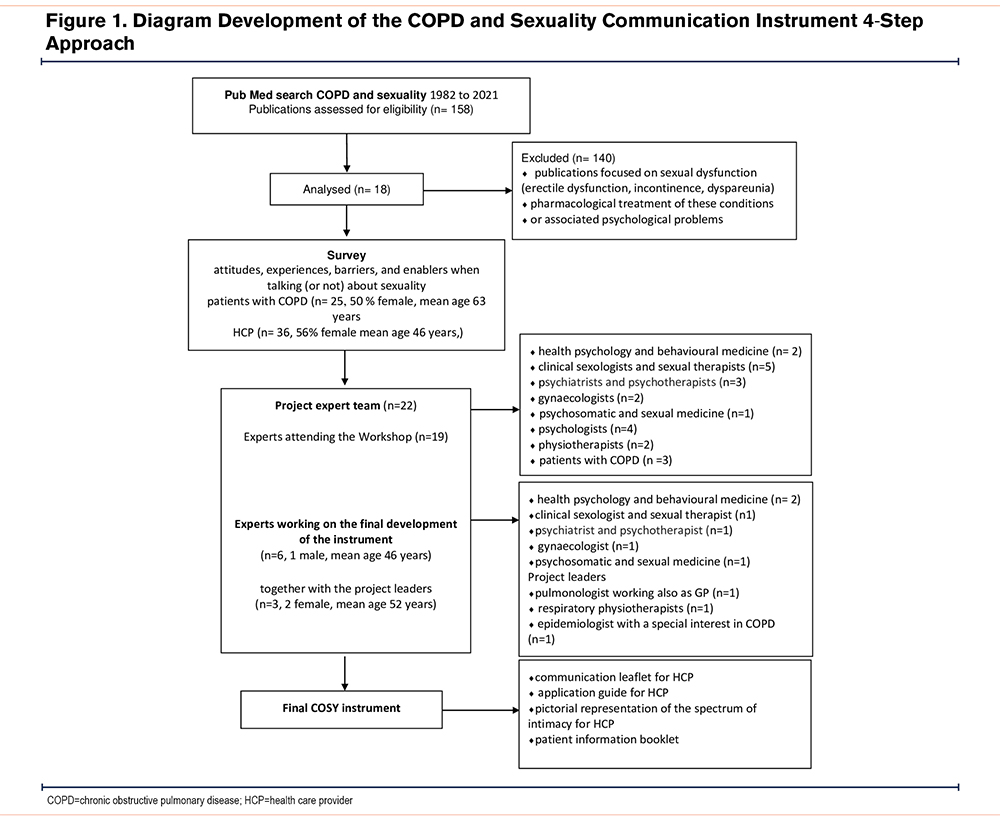
COPD and Sexuality Journal of the COPD Foundation

Neutral posture education during cough can reduce urine leakage in women with cough-related stress urinary incontinence - ScienceDirect

Physiotherapy management of bronchiectasis in adults - ScienceDirect
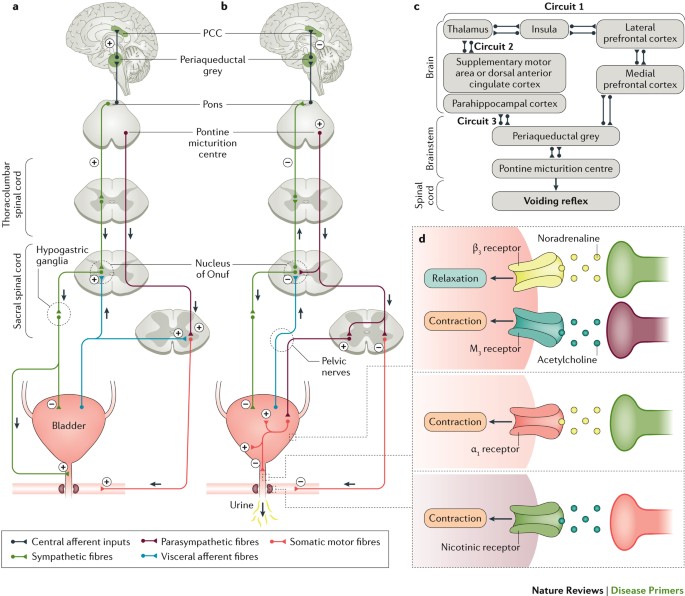
Urinary incontinence in women Nature Reviews Disease Primers

PDF) Urinary Incontinence in Chronic Obstructive Pulmonary Disease: A Common Co-morbidity or a Typical Adverse Effect?
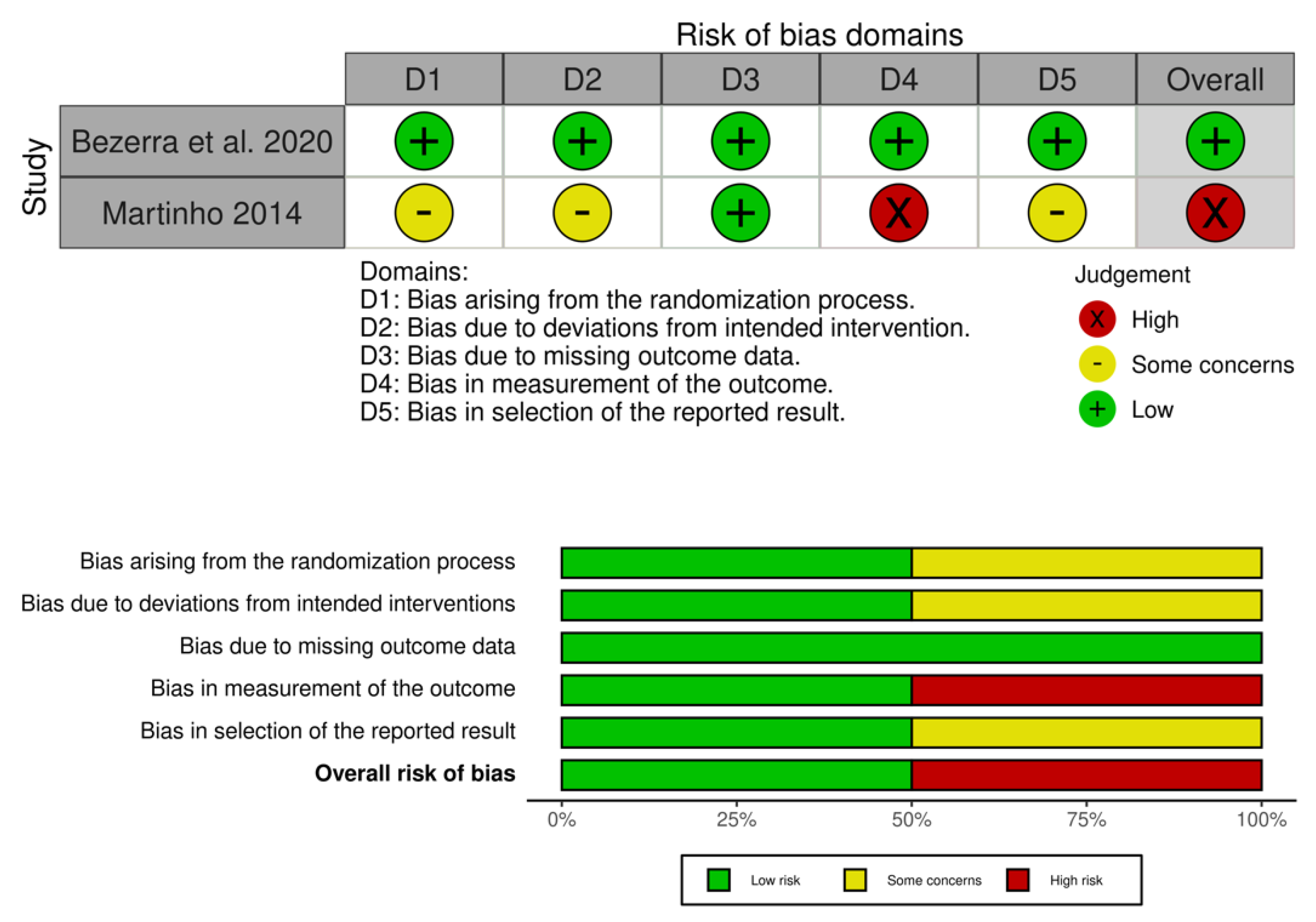
IJERPH, Free Full-Text

Hege Hølmo Johannessen - Institutt for sykepleie, helse og bioingeniørfag

Odds Ratios for Urinary Incontinence and Statistical Significance of

PDF) Urinary incontinence associated with pharmacological treatment of Chronic Obstructive Lung Disease: An integrative review
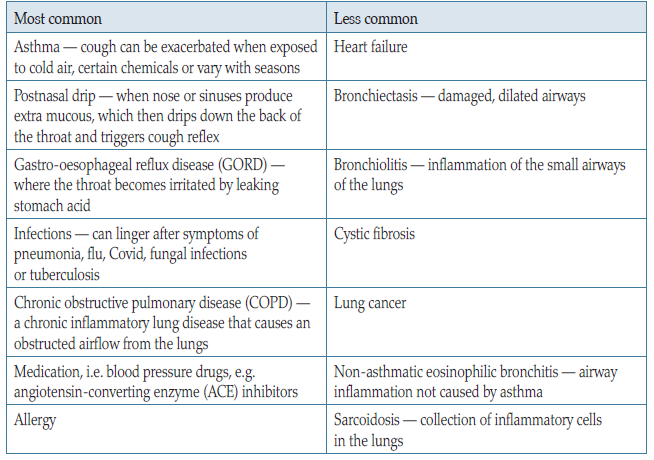
Urology & Continence Care Today - Article: Effects of chronic cough on urinary incontinence ucct - Urology and Continence Care Today

Life, Free Full-Text







